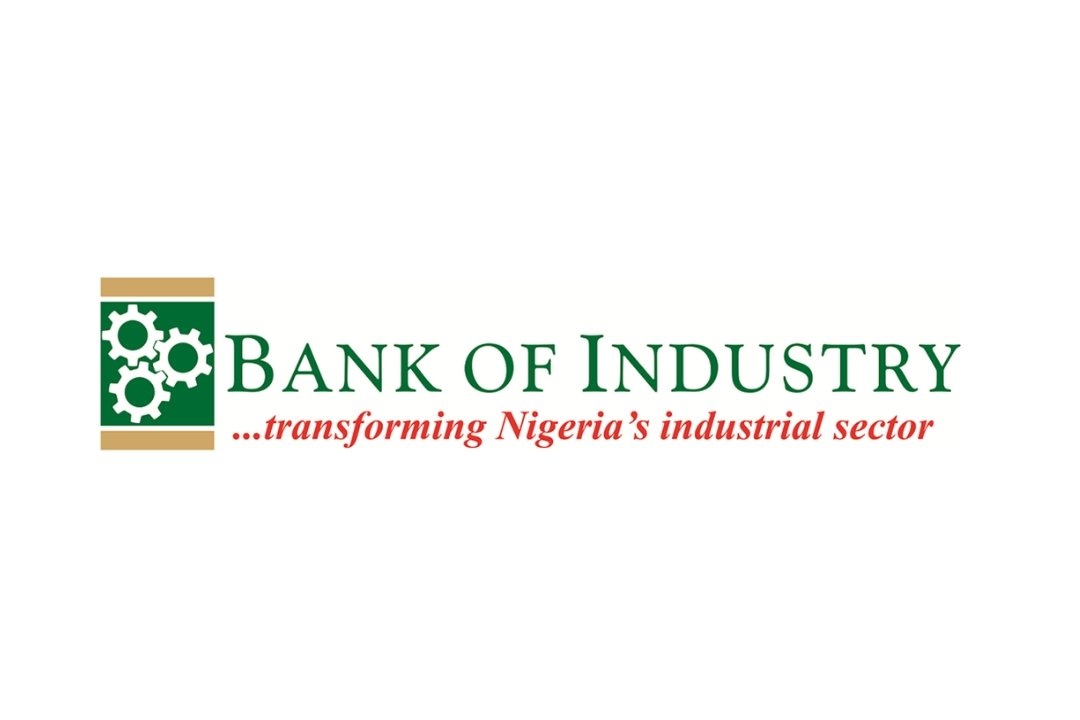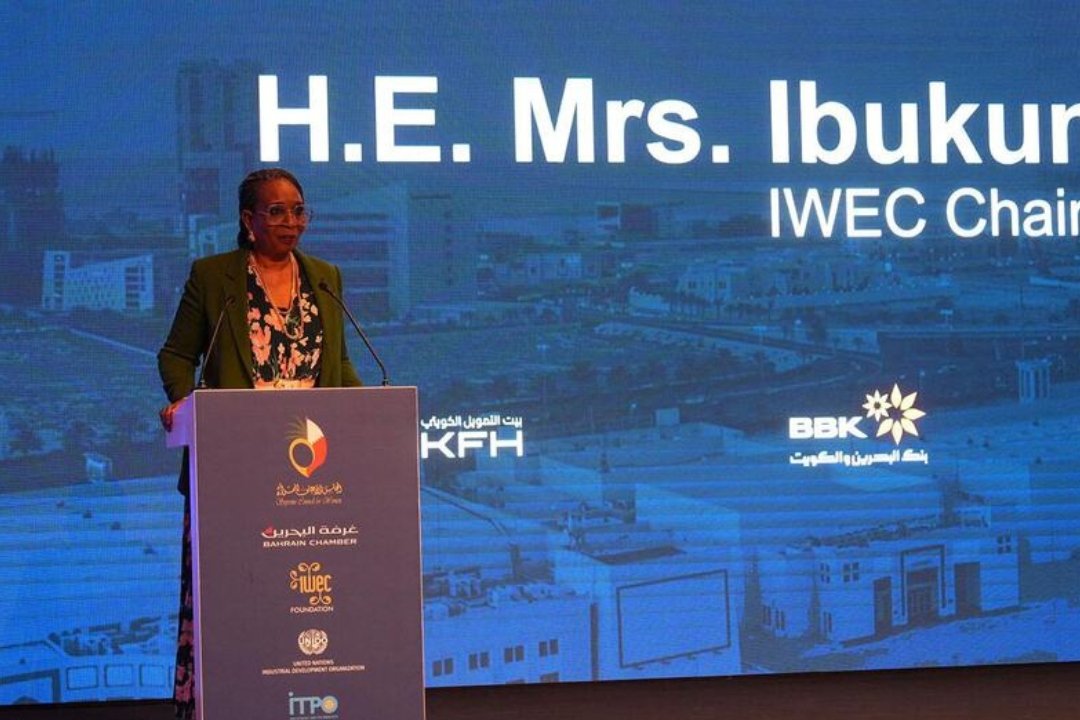The Indian government has appointed Poonam Gupta, a former economist at the World Bank and International Monetary Fund (IMF), as the new Deputy Governor of the Reserve Bank of India (RBI) for a three-year term. This appointment was announced on Wednesday, April 2, 2025. Gupta succeeds Michael Patra, who concluded his term as Deputy Governor in January 2025.
In addition to being a member of Prime Minister Narendra Modi’s Economic Advisory Council, Gupta is currently the Director General of the National Council of Applied Economic Research, the biggest economic policy research organisation in India.
India is facing economic challenges, with growth slowing to a four-year low. The economy grew by 6.5% in the fiscal year ending March 31, slightly higher than the government’s estimate of 6.4%, but far below the previous year’s growth rate of 9.2%. This slowdown comes amid global uncertainties, including geopolitical tensions and economic instability, which are affecting trade and investments.
At this critical time, Poonam Gupta has been appointed as Deputy Governor of the Reserve Bank of India (RBI) for a three-year term. Gupta’s expertise from her tenure at the World Bank and IMF is expected to help India navigate these challenges and support. Michael Patra, who concluded his term as Deputy Governor in January 2025 oversaw several important divisions at the RBI, such as monetary policy, financial markets operations, financial markets regulation, and economic and policy research.
Ideally, Poonam Gupta would take Rajeshwar Rao’s place as deputy governor on the six-member monetary policy committee, which is scheduled to convene next week. Since Patra left the RBI in January, Rao has been in charge of the monetary policy portfolio in a temporary capacity.
Gupta said in an article shortly after the rate drop in February that there is no obvious trade-off between growth and inflation at moderate inflation levels, but that the trade-off is more obvious for very low or very high inflation levels.
“RBI has been chasing a dated inflation number and has often missed its forecast by a large margin. Households’ inflationary expectations have remained misaligned, and transmission of monetary policy has not improved sufficiently,” she said, calling for a fresh look at the inflation targeting framework.
In a March opinion piece, Poonam Gupta suggested that while the Reserve Bank of India (RBI) should avoid excessive appreciation or volatility in the rupee’s exchange rate, it should allow the currency to fluctuate more freely than in the past. She noted that persistent interventions had reduced the rupee’s volatility to its lowest levels in decades last year, but this trend shifted after Donald Trump won the U.S. elections late last year.










